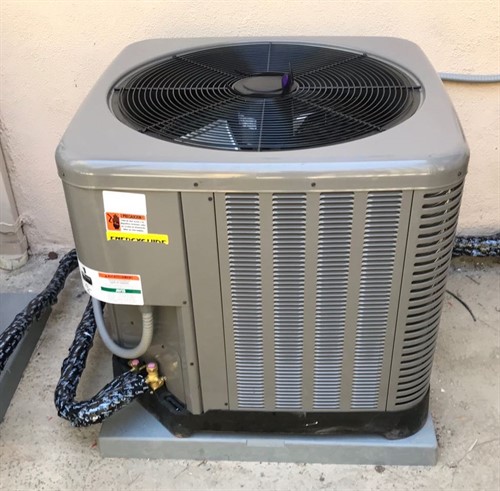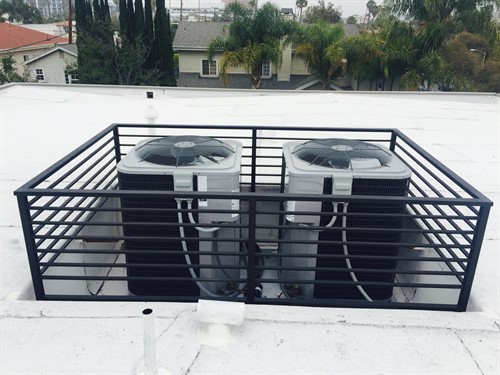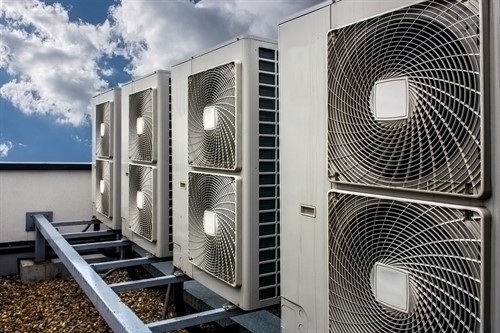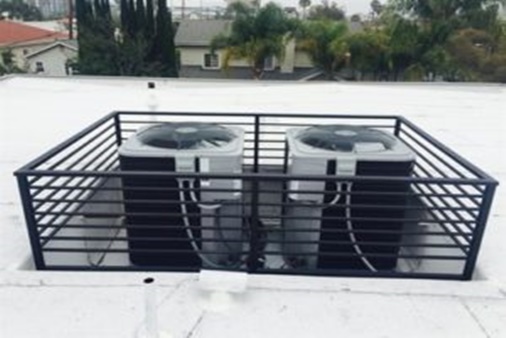The ultimate air conditioning size for your house
Air conditioners are essential to people living in hot and humid locations. It provides cooling and makes the indoors comfortable to live. There are different types of air conditioners like window model, split model, portable model etc. There are also sophisticated air conditioners based on VRF systems mostly for commercial usage.
To get the best results and optimal performance, it is important to determine the right size of the air conditioner. An ideal sized air conditioner provides effective cooling and energy efficiency also. Through this article, we consider the different sizes of the air conditioners and factors affecting the choice of sizes. We also understand the importance of selecting the ideal size of the air conditioning unit.
Different Sizes of Air Conditioners
The size of the air conditioners was earlier measured in tons. In earlier times, people bought large ice blocks to keep their homes cool during summer seasons. So, air conditioning manufacturers used the term “ton” to signify their cooling capacity.
Hence, 1-ton air conditioner effectively means that it has the cooling capacity equivalent to 1 ton of ice. However, the modern-day unit for measuring the cooling capacity of air conditioners is British Thermal Units (BTUs). In measuring the cooling capacity of air conditioners, each ton is equivalent to 12,000 BTUs per hour the unit works.
It is a common perception among people that the larger the cooling capacity of the air conditioner, the better it is for them. However, this is not the case. It is important to select the ideal size for the house to get the best cooling. A smaller capacity air conditioner will not cool the house properly.

Similarly, a larger capacity unit will cool faster but will not be effective in dehumidifying the indoors.
A larger capacity unit will cool the room rapidly and hence will be switched off before it can dehumidify the room. It will be more frequently switched on and off instead of running at a stretch. This will cause wear and tear to the air conditioners and reduce its lifespan. An oversized air conditioner not only is costly upfront, it is also energy inefficient for the users. If the size of the air conditioner is not ideal, it will lead to ineffective cooling and energy wastage which results in higher electricity bills.
Factors for Selecting Ideal Size
Sizing the air conditioner is basically matching the room size with the size of the air conditioner. For best results, it is important to select the ideal air conditioner size. A smaller capacity unit will be unable to properly cool the room. A bigger capacity unit will cool the room faster but will not be able to remove the humidity. The room will not be comfortable as it will still be humid.
There are various factors which lead to selecting the optimal air conditioner size, which is discussed below:
Area of the room: The area of the room is the biggest deciding factor for the ideal size of the air conditioner to be installed. As a standard, the approximate size of the air conditioner needs to be 20-25 BTU per square feet of area. The cooling capacity chart is used as a measure for the ideal air conditioner capacity to be installed based on area. The cooling capacity chart is provided below:

Geography: The geographical location of the house also affects the ideal size of air conditioner. Generally, the size will be more in hot and arid locations compared to the colder locations.
Number of Windows: Rooms with more windows and high window area need a higher size of air conditioner. The direction of the windows also affects the size determination. Windows facing north and west lead to a higher size of air conditioners to be installed.
Insulation Levels: If the room is well insulated then a lower capacity of air conditioners will be sufficient. The size is generally greater for poorly insulated rooms.
Number of Occupants: The number of occupants in the room also decides the ideal size of the air conditioner. If the room is occupied by more than two people, then additional 600 BTU is needed for each extra person. If the room will be used by other family members frequently, then the capacity to be installed will be greater.

Number of Floors: The number of floors above the room in which the air conditioner has to be installed needs to be considered. Room on the top floor with no more floors above them need a larger sized air conditioner.
Amount of Sunshine: If the room receives high sunshine then 10% BTU is added to the ideal size of air conditioners for optimal cooling. Similarly, for the room which is highly shaded and doesn’t get ample sunshine 10% BTU id deducted from ideal size.
Type of Room: The type of room also decides the size of air conditioner that is needed. Kitchens are generally hotter than other rooms and air conditioners to be installed there needs extra 4000 BTUs.
Impact of Size on Cooling
The bigger size of the air conditioners will cool a room faster than the smaller sized unit. However, that doesn’t necessarily mean that the bigger sized unit is better. Smaller sized units will not cool the room effectively. The bigger units will cool the rooms faster but will not be effective in removing the humidity of the room, which will make the room uncomfortable. Thus, the ideal size of the air conditioner is important to calculate, as it provided optimal cooling and produces the best results.

Conclusion
Selecting the optimal size of air conditioners is important. It not only provides effective cooling it also results in energy efficiency in the long run. An ideal size air conditioner will serve its purpose better and also have a longer lifespan. It will reduce energy wastage and minimize the electricity bills. Thus, the customers should take utmost care in deciding the ideal size of the air conditioner needed for their purpose before making their purchase.


